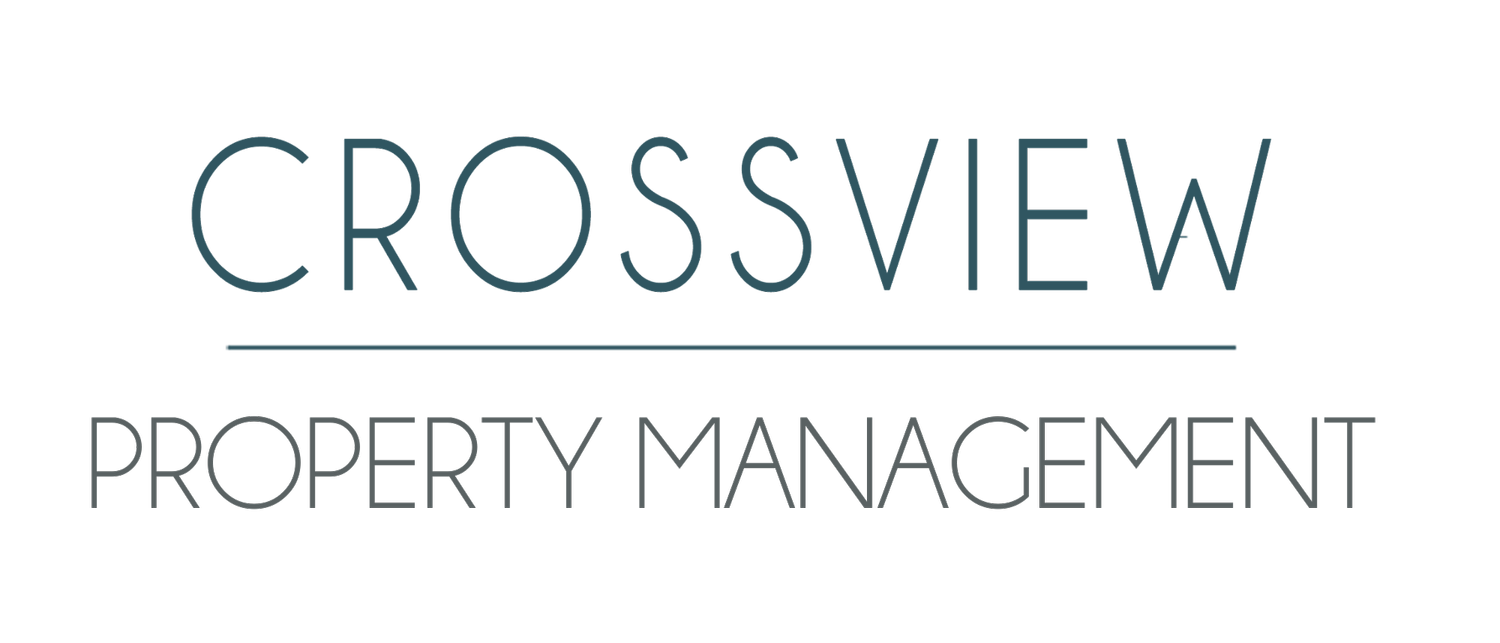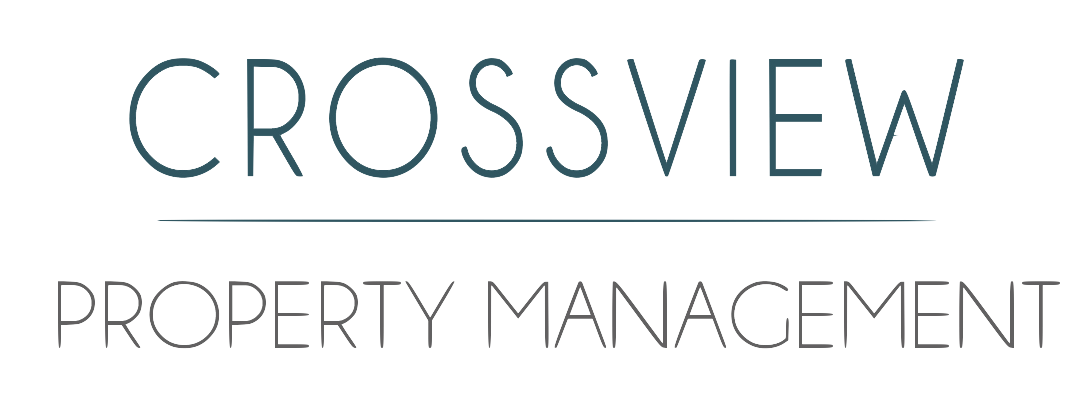Florida Rentals: Who’s Responsible for Pressure Washing Driveways, Porches, and More?
Opening Question:
If the driveway, porch, or patio at your Florida rental property starts looking dirty or moldy, who’s responsible for pressure washing it—you or your tenant?
Snippet Answer:
Under Florida law, the responsibility for exterior cleaning like pressure washing depends entirely on the lease terms. While landlords must maintain the property to meet basic health and safety standards, pressure washing for appearance or HOA compliance can be assigned to either party in the lease.
What Florida Law Says
The Florida Residential Landlord and Tenant Act (Florida Statute § 83.51) requires landlords to:
Comply with applicable building, housing, and health codes.
Keep structural components in good repair.
However, this statute does not specifically require landlords to perform cosmetic maintenance such as pressure washing, unless it’s necessary for health or safety (e.g., removing slippery mold from walkways).
Florida Statute § 83.52 requires tenants to:
Keep the premises clean and sanitary.
Maintain the property in a way that does not cause damage.
This can include routine cleaning, but not major maintenance tasks—unless the lease makes it their responsibility.
Landlord Responsibility
You, as the landlord, are generally responsible for pressure washing if:
Required by HOA rules – Many Florida HOAs require exterior surfaces to be cleaned periodically to maintain community standards.
Needed for safety – Mold, algae, or debris on walkways can be a slip hazard, which may trigger landlord liability if not addressed.
Not addressed in the lease – If the lease is silent on the matter, exterior upkeep typically defaults to the landlord.
Tenant Responsibility
Tenants can be responsible for pressure washing if:
The lease clearly states it – You can require tenants to maintain driveways, porches, patios, and sidewalks in a clean condition.
It’s part of keeping the property sanitary – If stains or buildup are due to tenant activity (e.g., oil leaks from their car), they can be required to clean or pay for cleaning.
They caused the condition – Under Florida Statute § 83.52, tenants must avoid damage; excessive buildup caused by neglect can be considered damage.
Pros & Cons of Assigning Responsibility
Landlord Handles Pressure Washing
Pros:
Ensures quality and compliance with HOA standards.
Prevents delays that could cause safety hazards.
Protects property value and curb appeal.
Cons:
Increases landlord expenses.
Requires scheduling and coordination with tenants for access.
Tenant Handles Pressure Washing
Pros:
Reduces landlord costs.
Encourages tenants to care for the property’s appearance.
Cons:
Risk of improper cleaning or damage to surfaces.
Tenants may delay or avoid doing it, leading to HOA fines or property deterioration.
Best Practices for Florida Landlords
Put It in the Lease – Spell out exactly who is responsible for pressure washing and how often it must be done.
Reference HOA Standards – If applicable, incorporate community rules into your lease obligations.
Schedule Regular Cleanings – If you retain responsibility, arrange periodic pressure washing to avoid last-minute issues.
Charge Back When Appropriate – If tenant-caused damage or neglect requires extra cleaning, document it and bill the tenant per lease terms.
Final Takeaway
In Florida, pressure washing responsibilities are not automatically assigned by law—they depend on your lease. Without clear terms, the burden may fall on you as the landlord, especially if safety or HOA compliance is at stake. Defining this responsibility upfront prevents disputes, maintains curb appeal, and keeps your property investment in top shape.
Property management is hard enough—partner with someone who stays on top of Florida law changes and works to maintain your investment. Complete our Contact Us form or call us at 904-855-7933 to learn more about how CrossView Property Management in Jacksonville, FL, can work for you.


